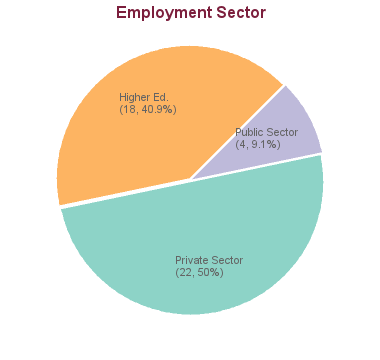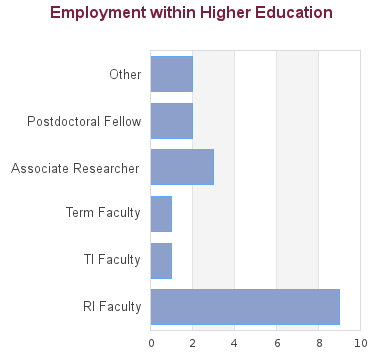Overview
A degree in Materials Engineering at UBC will provide you with the opportunity to join our exciting and vibrant research activities, which extend across materials extraction, materials processing, and materials performance. As a graduate student in the program, you will conduct independent and collaborative research within one of our research groupings. Researchers in the Department are actively investigating materials engineering challenges that span across the lifecycle of materials, and include a range of material systems. We have graduate students using a range of techniques and approaches, which encompass the development and application of ideas that extend the full range of theory, simulation and experiment. Research programs in our department mix fundamental know-how with real-world impact, often working directly with a range of industrial and academic partners from around the world.
What makes the program unique?
Our research-intensive PhD program provides our students with the opportunity to join a well established and highly respected research program based in the heart of beautiful British Columbia, which includes internationally leading programs in electrochemistry, hydrometallurgy, physical and process metallurgy, materials characterization, biomaterials, composites, energy materials, additive manufacturing/3D printing, nanomaterials. We are growing our activities in sustainable materials and the role of materials engineering to benefit society as a whole.
Quick Facts
Intake
Intake
Intake
Program Enquiries
Contact the program
Supervisor Search
Departments/Programs may update graduate degree program details through the Faculty & Staff portal. To update contact details for application inquiries, please use this form.








